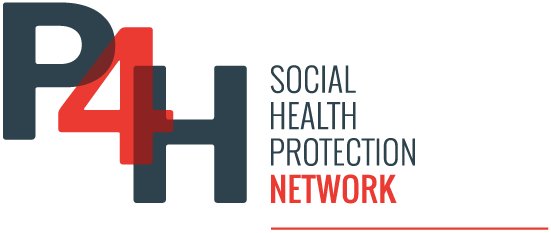Germany: health system summary 2022
Germany’s decentralized health system operates under compulsory statutory health insurance (SHI) and substitutive private health insurance (PHI), with broad, equitable benefits and low out-of-pocket costs, spending 11.7% of GDP on health—the highest among EU...
A review of local government and health facility implementation experiences in Results-Based Financing for primary health care in Uganda
Starting in the financial year 2018/19, the Ministry of Health (MOH) began implementing Results-Based Financing (RBF) under the Uganda Reproductive, Maternal, and Child Health Improvement Project (URMCHIP). To operationalize RBF, the MOH introduced performance-linked...
Supporting Health-Care Financing Reform in Mongolia: Experiences, Lessons Learned, and Future Directions
Mongolia's healthcare financing reform has introduced health insurance and shifted to an output-oriented model, aligning with a market economy. The Asian Development Bank’s support offers valuable lessons for other countries in the region. The Asian Development Bank’...
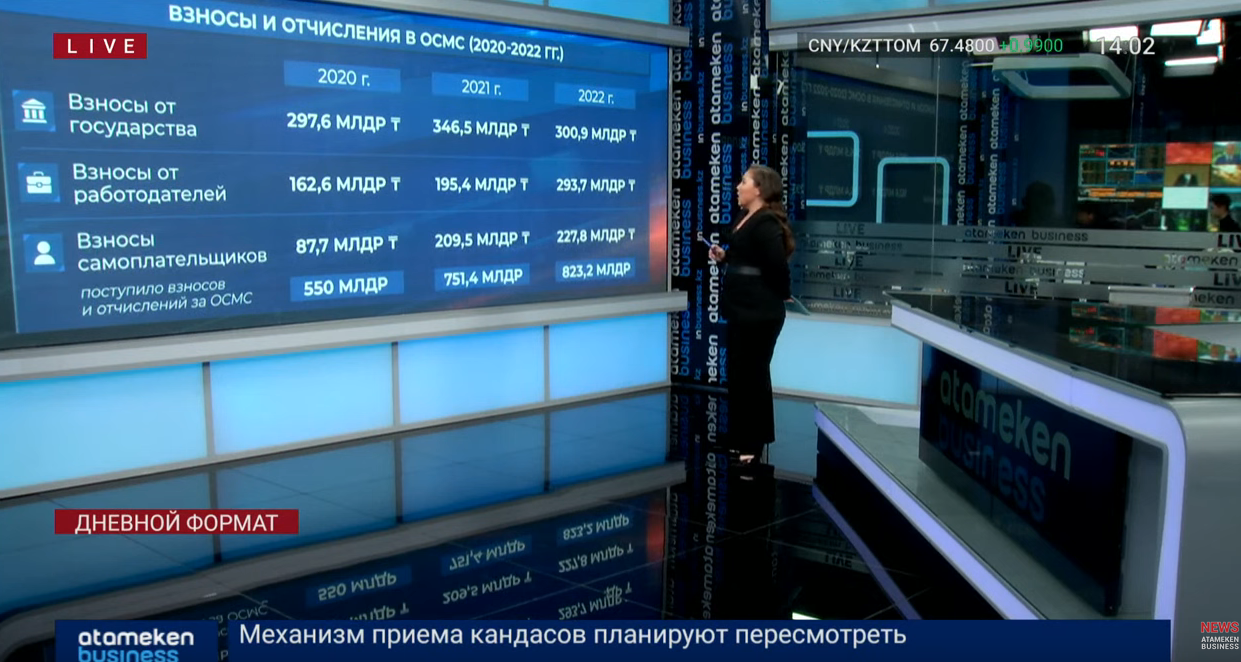
Politicians discuss health financing efficiency in Kazakhstan
Members of Parliament of Kazakhstan are raising the issue of efficiency of health financing in Kazakhstan and what needs to be done to overcome the lack of funding, despite billions of tenge (KZT) being poured into the system. Atameken Business Channel, a recognized...
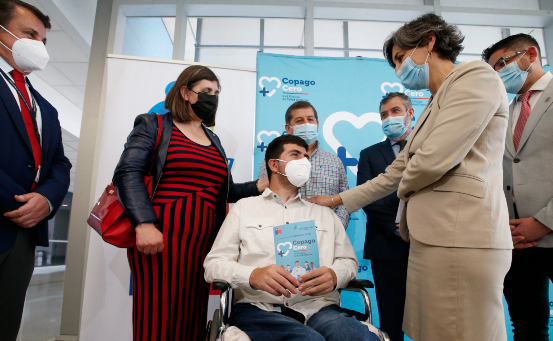
First balance of Copago Cero in Chile: More than US$6 million in savings for all beneficiaries
The implementation of the Zero Copayment for beneficiaries of Chile's National Health Fund (FONASA) resulted in significant financial savings for individuals and their families. The 168,045 people who were treated in a public hospital stopped paying a total of around...
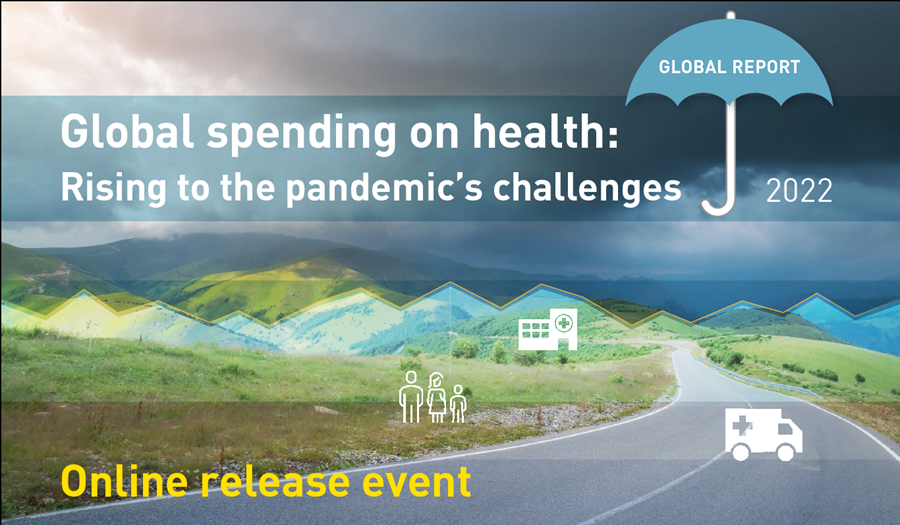
Global spending on health: rising to the pandemic’s challenges – Virtual launch of the 2022 Global Health Expenditure Report
This year’s Global Health Expenditure Report: Rising to the Pandemic's Challenges reveals how health expenditure was impacted during 2020, the first year of the COVID-19 pandemic. The report explores: Whether the health spending patterns by governments, households,...

II National Forum of Healthcare Leaders in Kazakhstan was co-hosted by P4H
The II National Forum of Healthcare Leaders was held On November 11-12, 2022 in the capital of Kazakhstan, Astana. The forum was organized by the Kazakhstani Association of Healthcare Managers, accredited by the Ministry of Healthcare, and co-hosted by the P4H Global...
One year overview: The WHO Council on the Economics of Health for All
The WHO Council on the Economics of Health for All has issued a report on its activities at the one-year mark, half-way through its mandate.The COVID-19 pandemic highlighted and worsened global health and economic disparities. WHO estimates 14.9 million excess deaths...
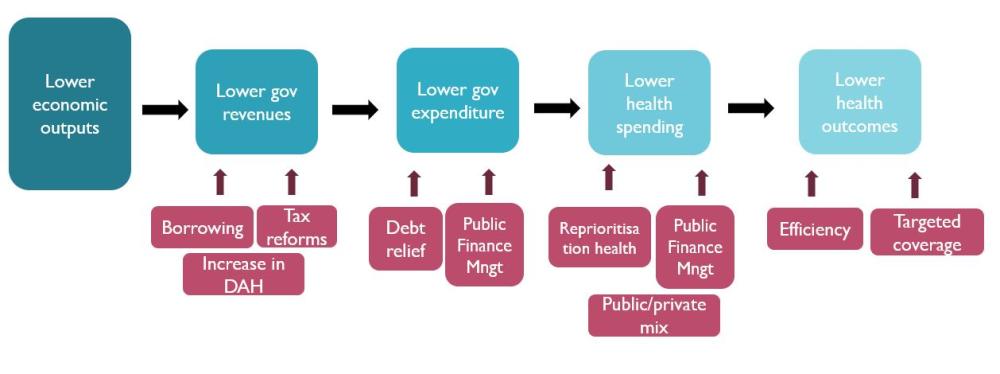
A Looming Crisis of Public Finances Spells Trouble for Universal Health Coverage in Low- and Middle-Income Countries
During the COVID-19 pandemic, health spending—domestic and external—increased in most low- and middle-income countries (LMICs) (136 countries), as governments sought to mitigate the devastating impacts of the pandemic on health and the economy. Development...

Chad: Installation of the National Health Insurance Fund team
On November 18, the Chadian government installed the members of the National Health Insurance Fund (CNAS). Created by law n°026/PR/2020 of December 31, 2020, the Caisse nationale d'assurance santé (CNAS) has three main schemes: the Assurance santé des salariés (ASS),...
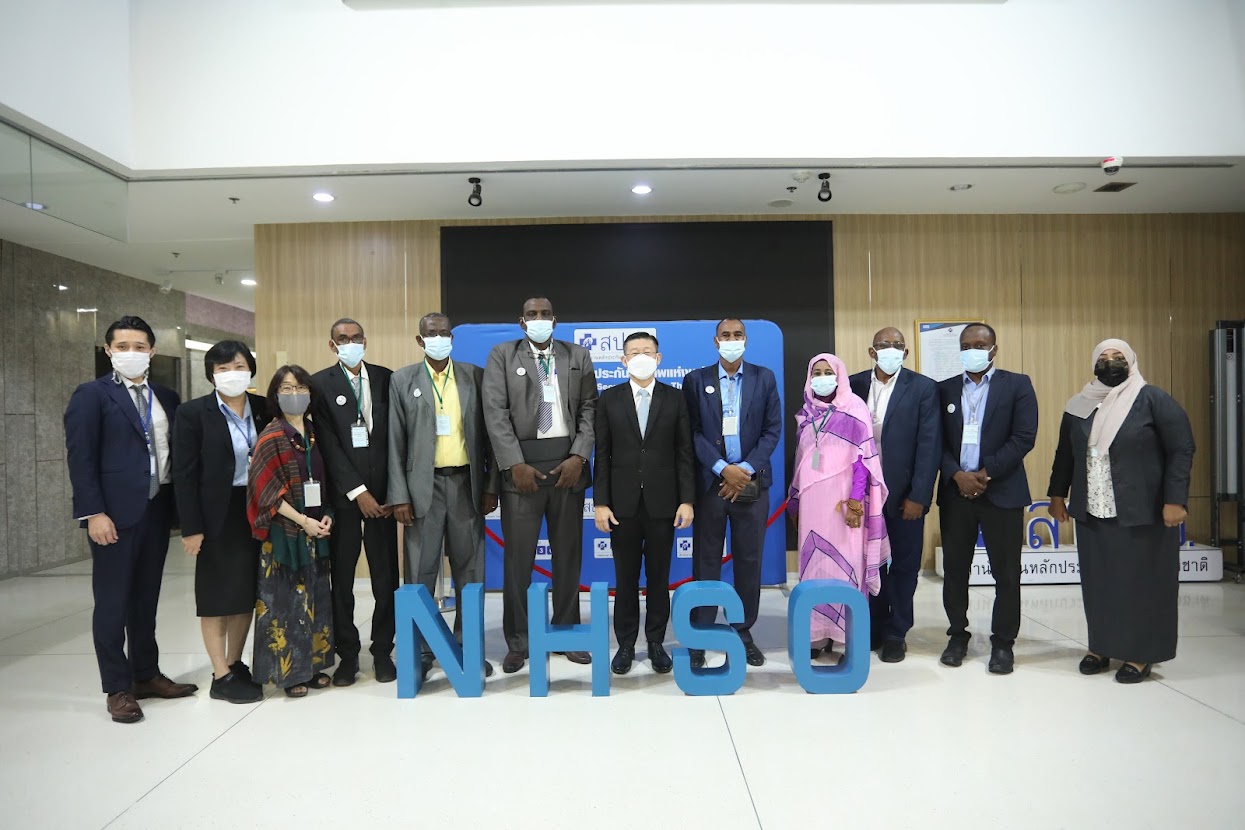
Thailand shared UHC experience to Sudan
Thailand has achieved Universal Health Coverage (UHC) under three public health insurance schemes: Civil Servant Medical Benefit Scheme, Social Security Scheme, and Universal Coverage Scheme (UCS). The UCS was introduced in 2002 and administered by the National Health...

Indonesia’s health budget realization has decreased
COVID-19 led to a rise of health expenditures to curb the pandemic and prevent the population from catastrophic health expenditures. Due to better control of COVID-19 pandemic, Indonesia’s health spending decreased by 19.6 percent compared to last year. A majority of...
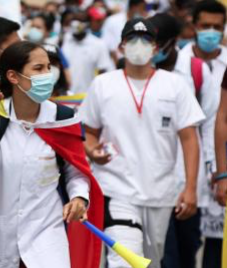
How to think about health system reform in Colombia?
As of September 2022, there were 23,408,478 people registered under the contributory regime and 25,491,507 under the subsidized regime, with a national coverage of around 99%. Only 25-30% of the affiliates are contributors who pay the corresponding social...
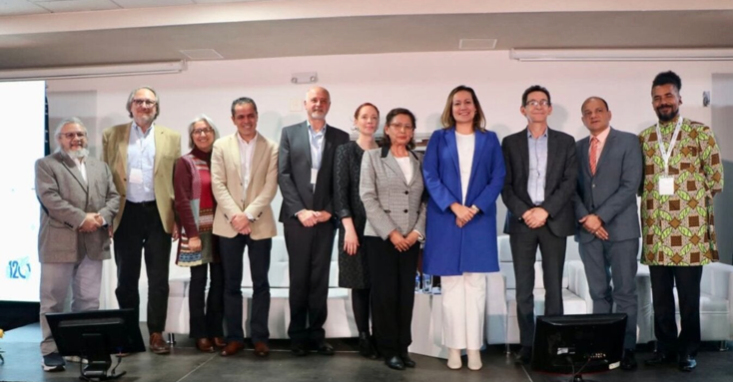
With a large participation of experts, the International Congress on Integrated and Integrated Networks and Health Systems in Colombia came to a close
Under the leadership of the Ministry of Health and Social Protection and the Pan American Health Organization, and with a large participation of health professionals and workers, the international congress "Comprehensive and Integrated Networks and Health Systems" was...
